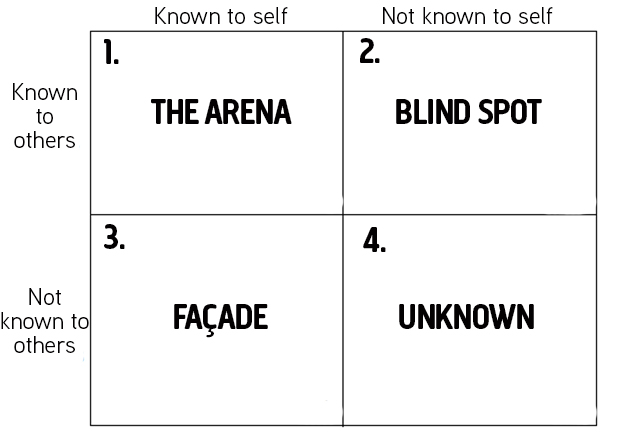The Johari Window model, devised by American Psychologists Ingham and Luft during a research period at the University of Los Angeles in 1955, is a behavioural model which aims to boost group relations through individual self awareness and mutual (group) understanding.
The model is a combination of the first names of Joseph Luft and Hari Ingham; they’re remembered over fifty years later which shows what good workplace relationships can achieve.
The Johari Window model is particularly useful in assessing group relations with other parties. Despite being published over fifty years ago, the model is still relevant in the work place today. This is due to current popular workplace emphasis on cooperation, inter-group development, interpersonal development, soft skills, behaviour and the influence of these factors.
The ease of using the Johari Window Model to understand relationships between employees and the employer within the Psychological Contract is an invaluable benefit to businesses.
What Does The Johari Window Mean?
The model is, on the face of it, is as simple as it appears. Its application in the workplace is slightly more tricky, but we’ll get to that later.

Andy Trainer
14 Nov 2014